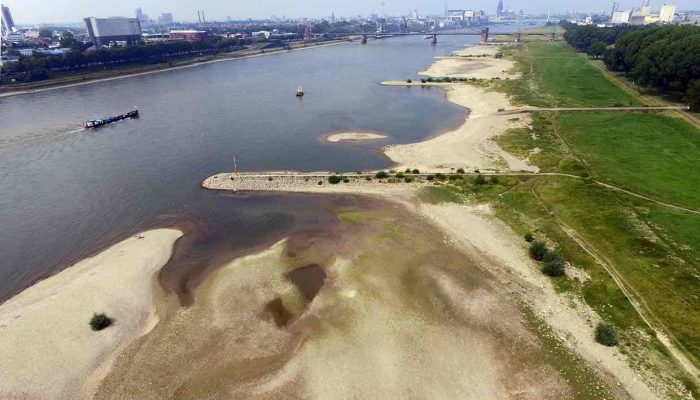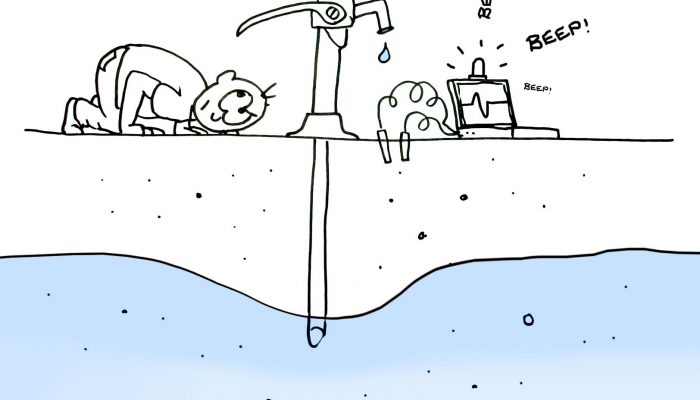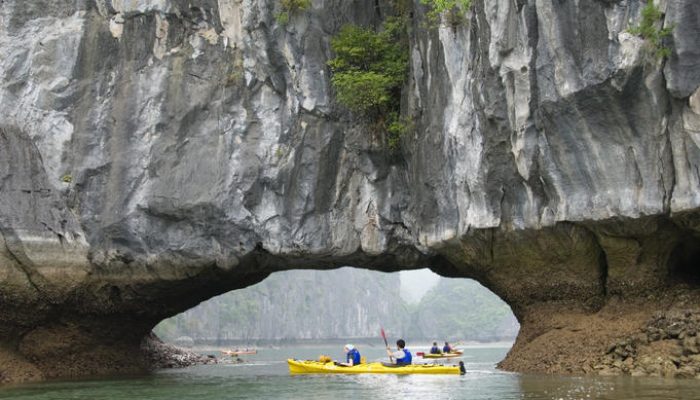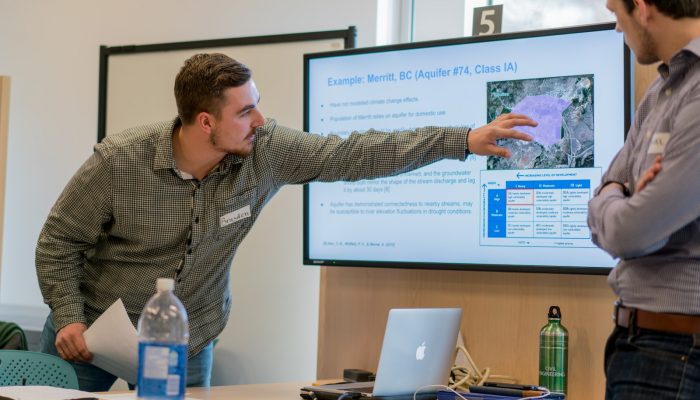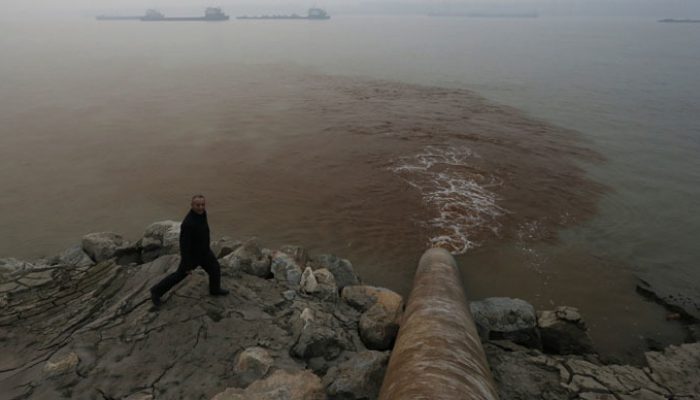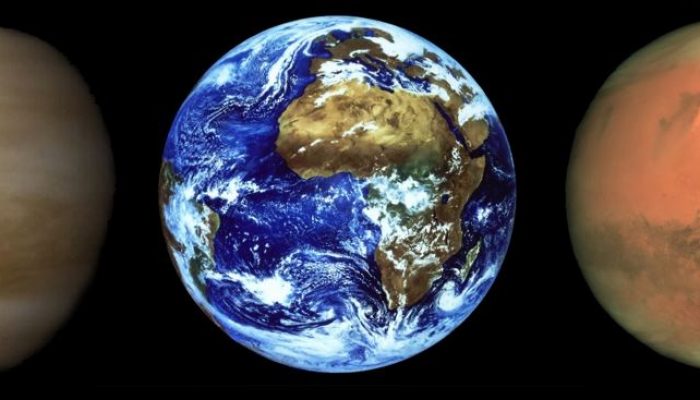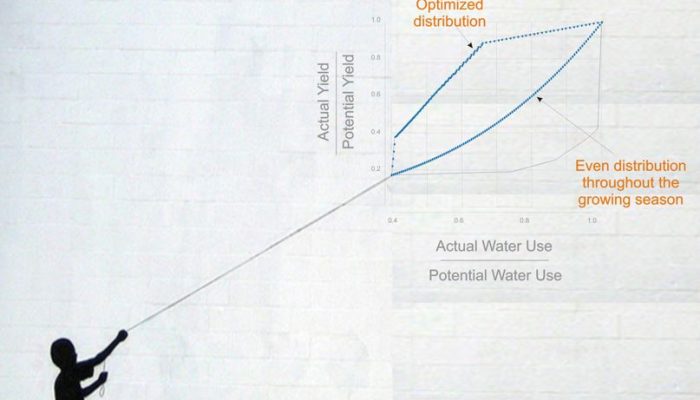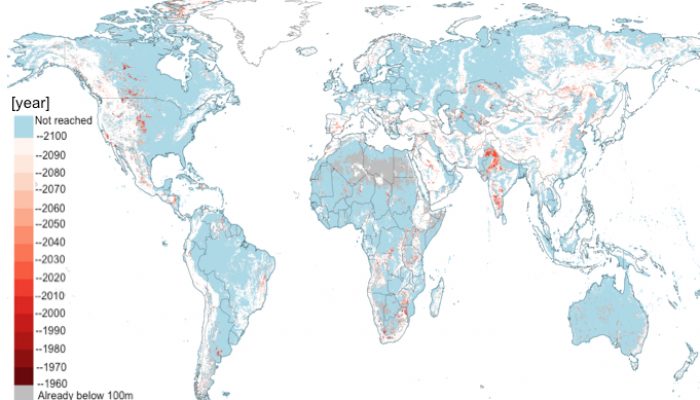Post by Anne van Loon, University of Birmingham You might remember that the summer of 2015 was extremely dry in large parts of Europe (Figure 1), leading to crop losses, wildfires, drinking water supply deficiencies, and reductions in energy production and navigation (Van Lanen et al., 2016), whether you experienced it yourself or read about it in the newspapers. Based on incomplete information th ...[Read More]
Musical groundwater?
Post by Kevin Befus, University of Wyoming I don’t mean to get your hopes up, but keep them up there. I’m not talking about recording the sonorific excitement that is groundwater flow. And, I’m not talking about the squeak of a pump handle, the gurgling of a spring, the grumble of a generator, or the roar of a drill rig. Rather, I want to share with you some songs that reference groundwater in one ...[Read More]
Of Karst! – short episodes about karst
Episode 1 – A different introduction to karst by Andreas Hartmann, Lecturer in Hydrology at the University of Freiburg Usually, textbooks or lectures start with the theoretical background and basic knowledge of the topic they try to cover. Writing my first contribution to the Water Underground blog I want to take advantage of this less formal environment. I will introduce karst as I and many othe ...[Read More]
Research mini-conference in fourth year groundwater class
Fourth year and graduate students led a fun mini-conference during class in Groundwater Hydrology (CIVE 445, Civil Engineering at University of Victoria) yesterday. Local consulting and government hydrogeologists joined, making the students both nervous and excited to be presenting to professionals with up to forty years of groundwater experience. The presentations were the culmination of a term-l ...[Read More]
WTF of the WTF method
by Tara Forstner, University of Victoria I recently wrote a term paper for one of my graduate classes on the limitations of the water table fluctuation (WTF) method, and I have to say, WTF! Techniques using groundwater level fluctuations as a means of calculating recharge are very common. With observation well hydrographs and precipitation data, this method can be applied quite simply, requiring n ...[Read More]
Deep challenges: China’s ‘war on water pollution’ must tackle deep groundwater pollution pathways
by Matthew Currell, School of Engineering, RMIT University, Australia As part of its recent ‘war on pollution’, the Chinese Central Government released a major policy on water pollution control and clean-up, called the ‘10-point water plan’ in 2015. The plan aims to deal once and for all with China’s chronic water quality problems. China’s water quality deficiencies became widely recognised around ...[Read More]
Groundwater and Agriculture: Tapping the Hidden Benefits
By: Sam Zipper, Postdoctoral Fellow, McGill University/University of Victoria When people think of groundwater in agricultural landscapes, pumping and irrigation are usually the first thing that comes to mind. However, groundwater can have a more subtle but extremely important impact on crop production when we decide to leave it underground: When there is shallow groundwater beneath an agricultura ...[Read More]
How did our planet get its water?
Post by WaterUnderground contributors Elco Luijendijk and Stefan Peters from the University of Göttingen, in Germany. After my first ever scientific presentation, someone in the audience asked a question that caught me off guard: “Where does the groundwater come from?”. “Ehm, from rainfall”, I answered. The answer seemed obvious at the time. However, we did not realize at the time that this is a ...[Read More]
Crop kites
Post by WaterUnderground contributor Mikhail Smilovic. Mikhail is a PhD candidate in the Department of Civil Engineering at McGill University, in Quebec. Crops use water for photosynthesis, absorbing nutrients, and transpiration, or the plant-equivalent of sweating. A crop may experience water-stress if the soil surrounding the roots is not adequately wet, and this stress will affect the crop dif ...[Read More]
Limits to global groundwater use
Post by WaterUnderground contributor Inge de Graaf. Inge is a postdoc fellow at Colorado School of Mines, in the USA. Groundwater is the world’s most important source of freshwater. It supplies 2 billion people with drinking water and is used for irrigation of the largest share of the world’s food supply. However, in many regions around the world, groundwater reserves are depleting as the re ...[Read More]

